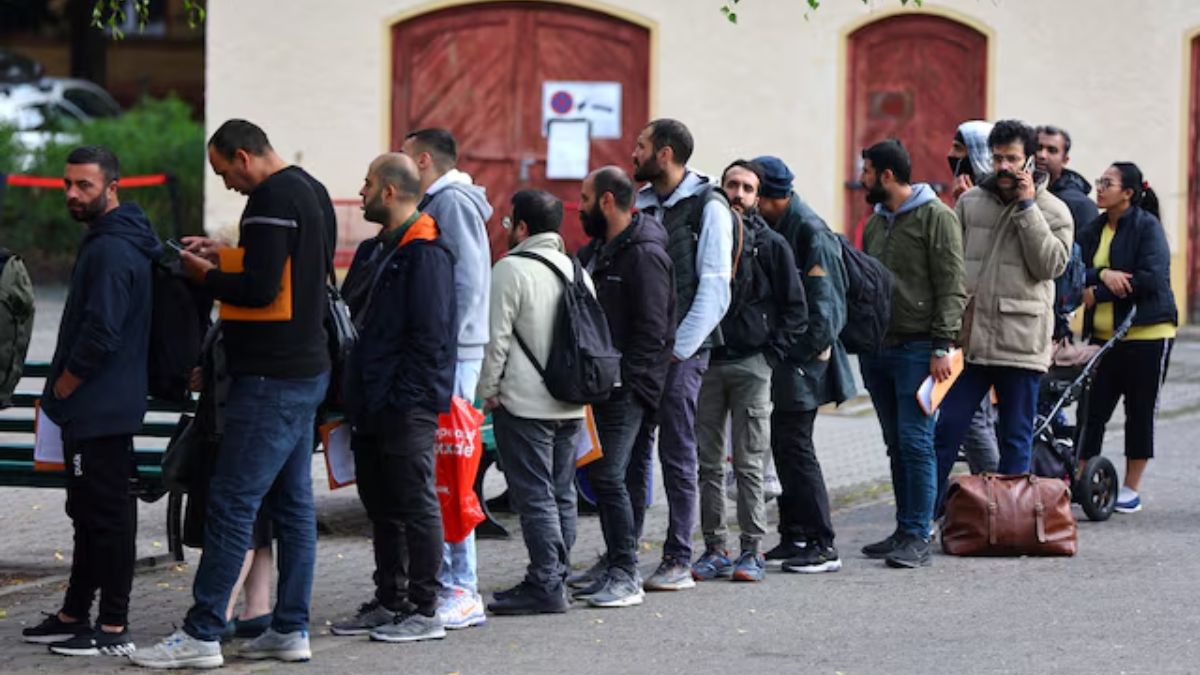Germany’s parliament has voted to tighten asylum seeker rules, marking a shift towards stricter immigration policies following recent far-right electoral gains. The new measures will withdraw benefits from asylum seekers already registered in other EU countries and slated for deportation.
Refugees who temporarily return to their home countries or commit crimes with anti-Semitic or homophobic motivations will “as a rule” lose their right to protection in Germany, according to the legislation.
Germany’s government presented a plan last month to implement more rigorously European rules on asylum that would see more people turned away at its borders, a day after it announced it would start carrying out controls on all its land borders.
The proposals include detaining asylum seekers while authorities determine whether Germany is responsible for processing their case with the help of Europe’s shared fingerprint database, Eurodac, amongst other tools
The new rules were brought forward by the government in August in response to a deadly stabbing at a festival in the western city of Solingen.
The suspect, a 26-year-old Syrian man with suspected links to the Islamic State group, was slated for deportation but evaded authorities’ attempts to remove him. The whole package will also introduce stricter rules on the carrying of knives and gives police broader powers of investigation.
While lawmakers in the Bundestag have approved the new rules, they still need to be passed by Germany’s upper chamber, which will meet on Friday to decide on them.
Impact Shorts
More ShortsWith a year to go before national elections and anti-immigration parties rising in the polls, the government has been under intense pressure to take a stricter line on immigration.
The benefits restriction provoked vocal criticism from within the government – a three-way coalition between Chancellor Olaf Scholz’s Social Democrats, the Greens and the liberal FDP.
After internal discussions, the legislation was changed to provide exemptions for children and to withdraw support only in cases where removal was actually possible.
The implementation of the stricter rules marks a change in German attitudes towards immigration, almost a decade after former Chancellor Angela Merkel opened the country’s doors to refugees in 2015.
The new German approach comes against a backdrop of hardening attitudes to immigration across Europe, where far-right parties are garnering growing support.
On Thursday EU leaders called for urgent new legislation to increase the number and speed of migrant returns.
Berlin says it must tackle irregular migration due to overburdened public services and to protect the public from threats such as Islamist extremism.
With inputs from agencies.


)

)
)
)
)
)
)
)
)



